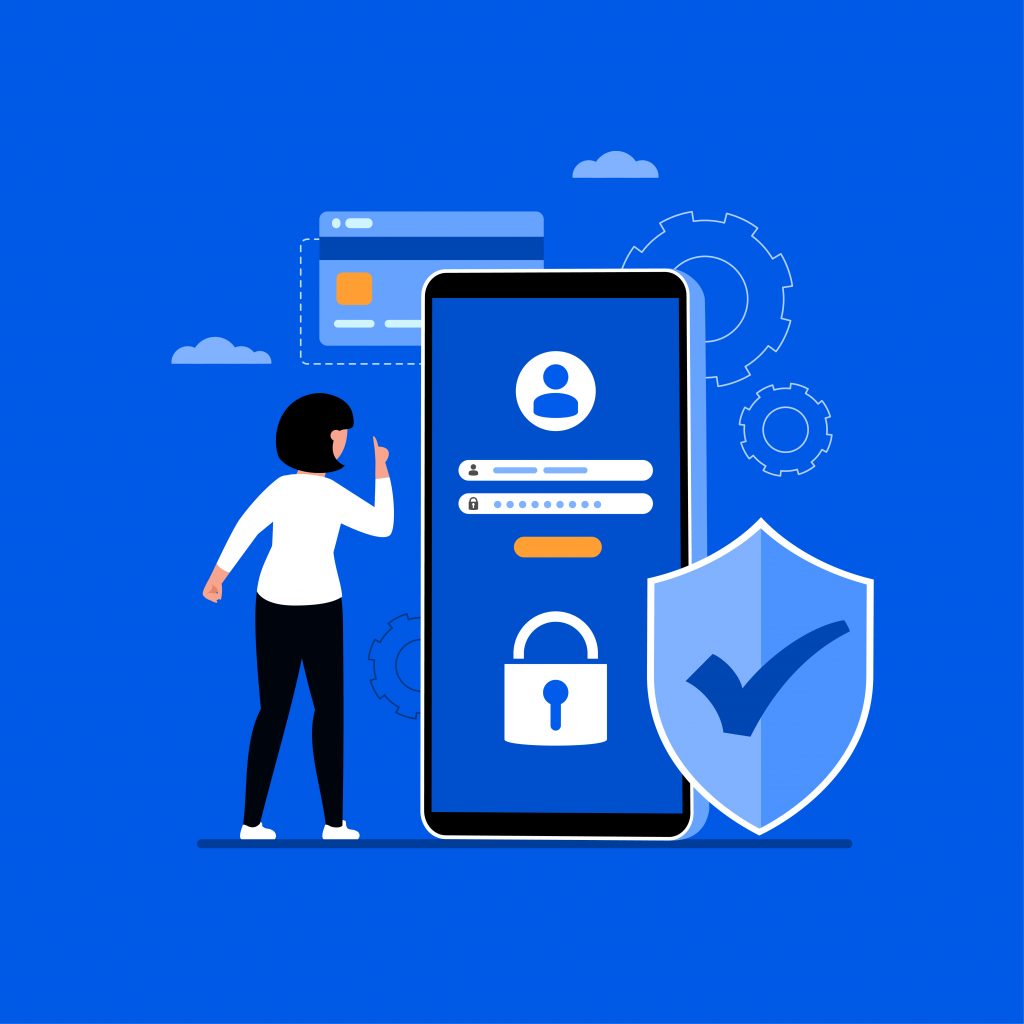4 Tips Every Digital Marketer Need to Know About Combatting Cyberattacks
Cybersecurity | Jun 30, 2019
The increasing number of cyberattacks isn’t just affecting general users and businesses, but also digital marketers helping businesses market their products and services. Cyberattacks can actually impact digital marketers and the campaigns they manage in more ways than you think. An attack that creates negative headlines, for instance, can wipe out years of content marketing and SEO in minutes.
Falling victim to a cyberattack is bad enough; not responding to it properly is even worse. Knowing what to do before, during, and after a cyberattack is crucial for the survival of the business and the digital marketing campaign itself. Here are four things every digital marketing practitioner needs to know about combatting cyberattacks.
Prevention Is Key
Preventing cyberattacks is always the better way to go. In reality, there is a lot you can do to prevent cyberattacks from harming your business or digital assets, starting with increasing employee awareness and leveraging the involvement of stakeholders.
When everyone is involved in keeping the business safe, mitigating cybersecurity risks becomes easier. More people can identify potential threats and work towards improving the business’s information security. In fact, key stakeholders like business owners are crucial.
FWI brand abuse services are among the best services to use, especially if you want to protect your brand from attacks like brand abuse. Brand protection solutions are also good as a way to identify and monitor potential threats against your business.
Do Damage Control
In the event of a data breach or other forms of cyberattack, damage control is a must. It is not always easy to limit the damage of a cyberattack when it is ongoing. There are a lot of noise to work around and tasks to complete in a short period of time.
A way to get around this hurdle is by having clear damage control policies. What should you do when a cyberattack is first detected? What are the steps to take in order to restore business operations as quickly as possible? The more questions you ask, the more prepared you’ll be for the next attack.
Keep It Private Until…
The last thing you want to do is announce that you have been a victim of a cyberattack publicly as soon as it happens. This isn’t the best way to handle a crisis like a data breach or information theft since it exposes your stakeholders to more discomfort.
Instead, keep the attack private and notify stakeholders – users and customers specifically – as quickly as possible, especially when it is their personal details that get stolen. Only announce the attack to the public if it is absolutely necessary and after all stakeholders have been notified privately.
Realign Your Campaigns
Here’s where the marketing side of your brain can perform the best: use digital marketing to contain the impact of a cyberattack on the reputation, integrity, and credibility
of your business. As mentioned before, you can choose to announce the cyberattack if necessary.
When you do, however, plan everything and make sure you have subsequent campaigns ready to keep the business’s reputation – and market position – intact. Since the attack itself has already been dealt with, you can focus on recovering the brand image using instruments like social media.
It is still best to avoid falling victim to a cyberattack entirely, but you now know what to do should the worst-case scenario still happen. With these tips in mind, you will have an easier time dealing with the backlash and the aftermath of a severe cyberattack.





